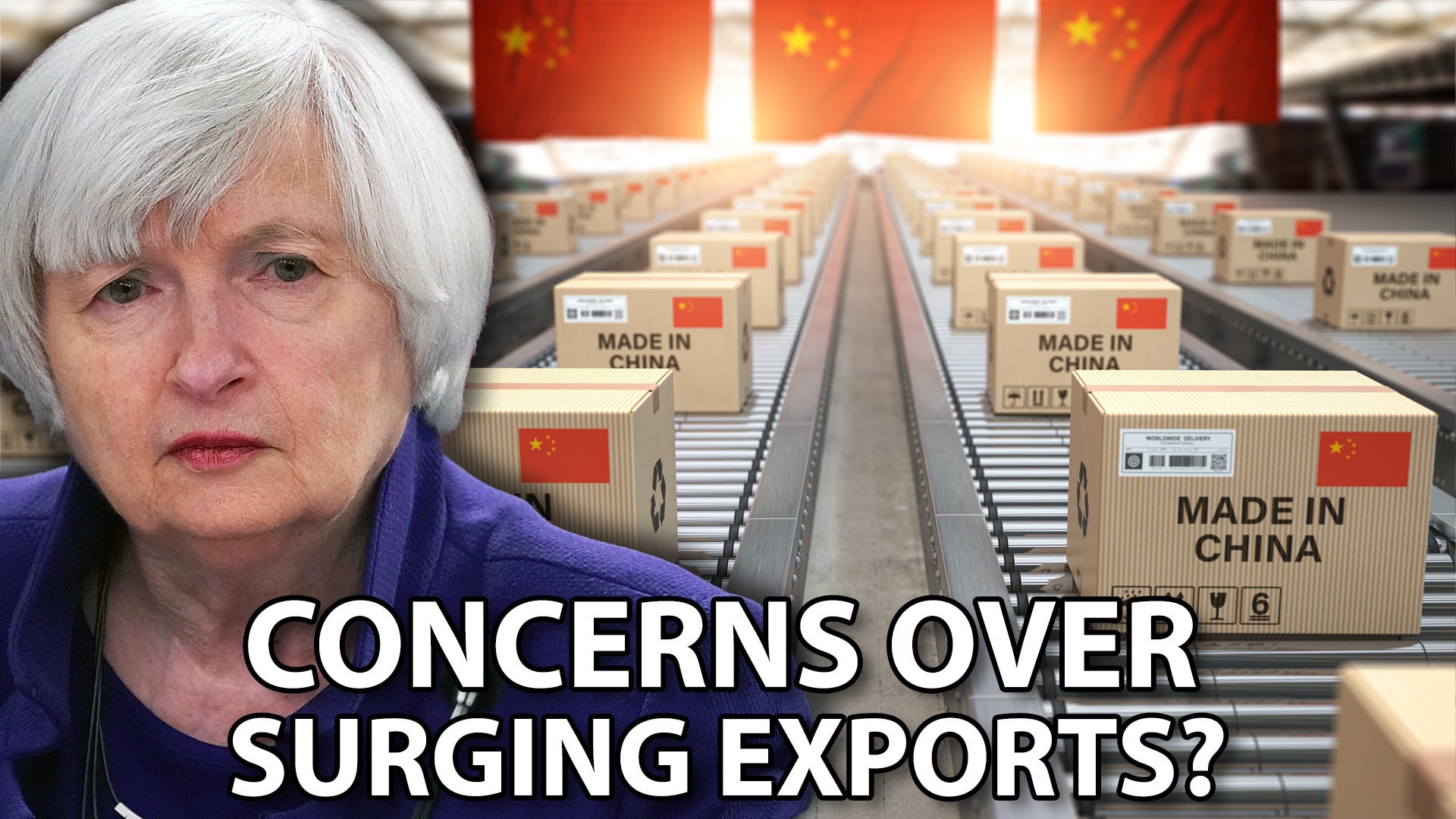Janet Yellen says tariffs are on the table to stop a 'China Shock' as official urges U.S. not to 'politicize' trade
U.S. officials are concerned about China's surging clean energy exports, such as solar power and electric vehicles

China is increasingly growing its influence and power in the green energy industry, leaving U.S. and European officials worried about being flooded by the country’s subsidized exports.
Suggested Reading
U.S. treasury secretary Janet Yellen told CNBC on Monday that she wouldn’t rule out any measures, including tariffs, if China doesn’t change its approach to industry incentives. However, she added that her ideas were more focused on China reducing local government subsidies and shifting its macroeconomic policies.
Related Content
“I wouldn’t rule out anything at this point. We need to keep everything on the table. We want to work with the Chinese to see if we can find a solution,” Yellen said. The treasury secretary is on the back end of her second visit to China in nine months to meet with state officials.
Western officials have become increasingly concerned about China’s surging exports of clean energy products including solar power, electric vehicles, and lithium-ion batteries. The U.S. has barred EV battery materials from China, which has been designated as a “foreign entity of concern,” and announced an investigation into Chinese-made “connected vehicles,” or smart cars.
“China is now simply too large for the rest of the world to absorb this enormous capacity,” Yellen told reporters Monday. “Actions taken by the [People’s Republic of China] today can shift world prices. And when the global market is flooded by artificially cheap Chinese products, the viability of American and other foreign firms is put into question.”
She also said that U.S. president Joe Biden would not allow a second wave of the “China shock” of the early 2000s, referring to when a flood of Chinese imports removed 2.4 million U.S. manufacturing jobs.
On the other side of the Atlantic Ocean, the European Union has launched an investigation into China’s subsidies for local EV makers, which has seen the government invest billions of dollars to give local brands a leg up on the competition.
Chinese car exports have surged as its manufacturers have aggressively expanded overseas; Japan — the world’s top exporter of cars since 2017 — lost that title to China in 2023. About 60% of global EV sales come from China’s car industry, according to the International Energy Agency.
In a meeting with Yellen Sunday, Chinese Premier Li Qiang urged the U.S. to not “politicize” economic and trade issues and instead “look at the capacity issue objectively and dialectically from the perspective of market economy and a global vision,” according to a readout from China’s Foreign Ministry.
During a trip in Europe, China’s Minister of Commerce Wang Wentao called the U.S. and E.U.’s “accusations” about capacity “groundless,” according to the government-run Xinhua News Agency. Rather, Wang said that China’s EVs are competitive because of technological innovation and its supply-chains.